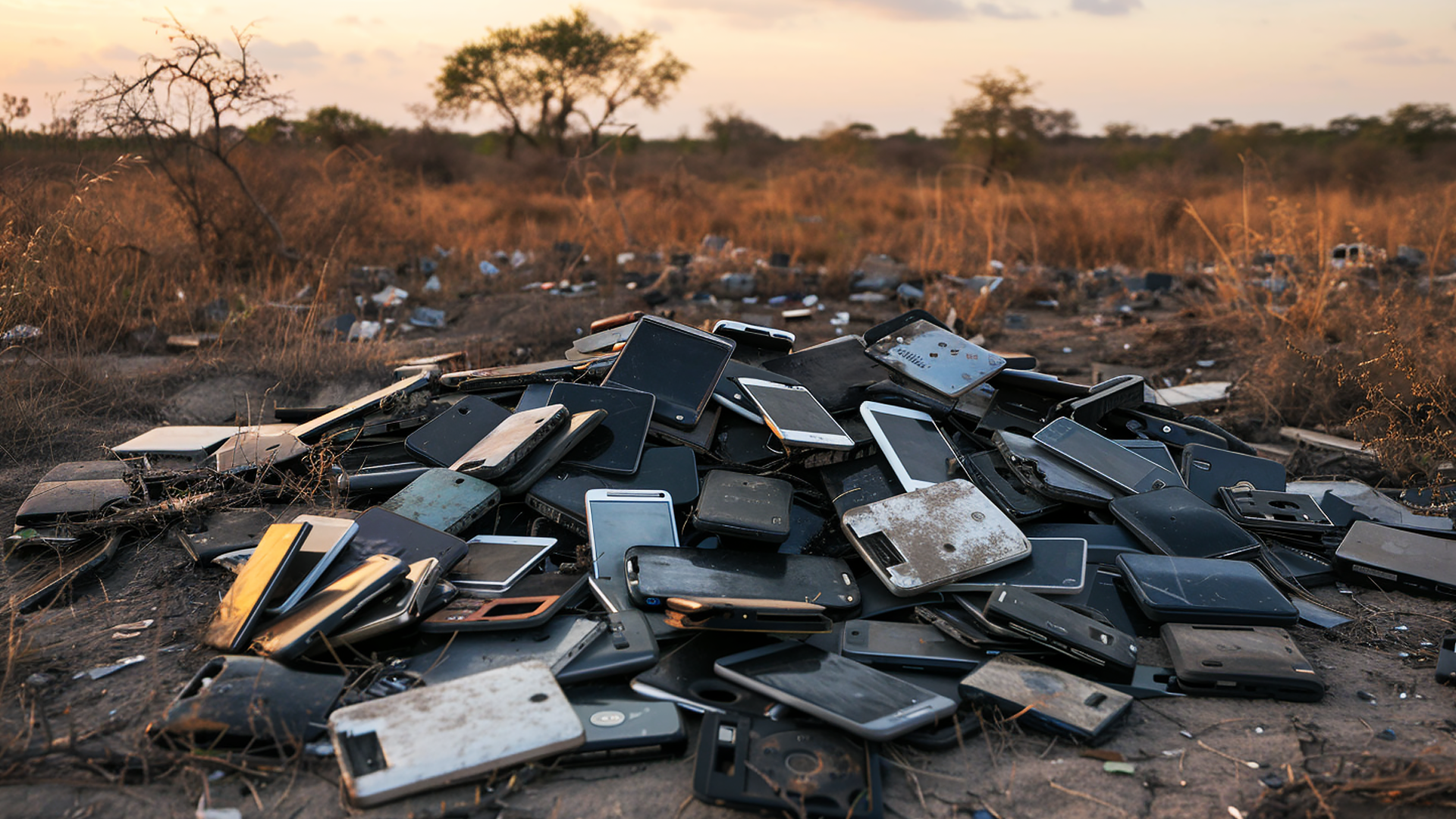Africa is increasingly becoming a dumping ground for electronic waste from developed nations. Despite having the lowest annual e-waste production per capita, UN agencies project a growth rate of 3 to 5 percent annually – a trend likely to continue with further technology integration.
The African continent has emerged as a significant destination for electronic waste, often originating from developed nations.
According to the United Nations Institute for Training and Research 2024 report, the continent receives around 3 million tons of electronic waste annually, making it a dumping ground for obsolete gadgets including smartphones, computers, televisions, among many others.
This issue is fuelled by factors such as lax regulations, inadequate recycling infrastructures, and a growing demand for second-hand electronics en masse.
The improper handling and disposal of e-waste continue to pose grave risks to public health across Africa. Electronic devices contain hazardous materials such as lead and mercury which leach into soil and water sources when dumped in landfills or burned.
Consequently, communities living near e-waste sites such as Dandora in Kenya, continue to be exposed to toxic substances through air, water, and food contamination, leading to various health ailments including respiratory problems, neurological disorders, and cancers.




















